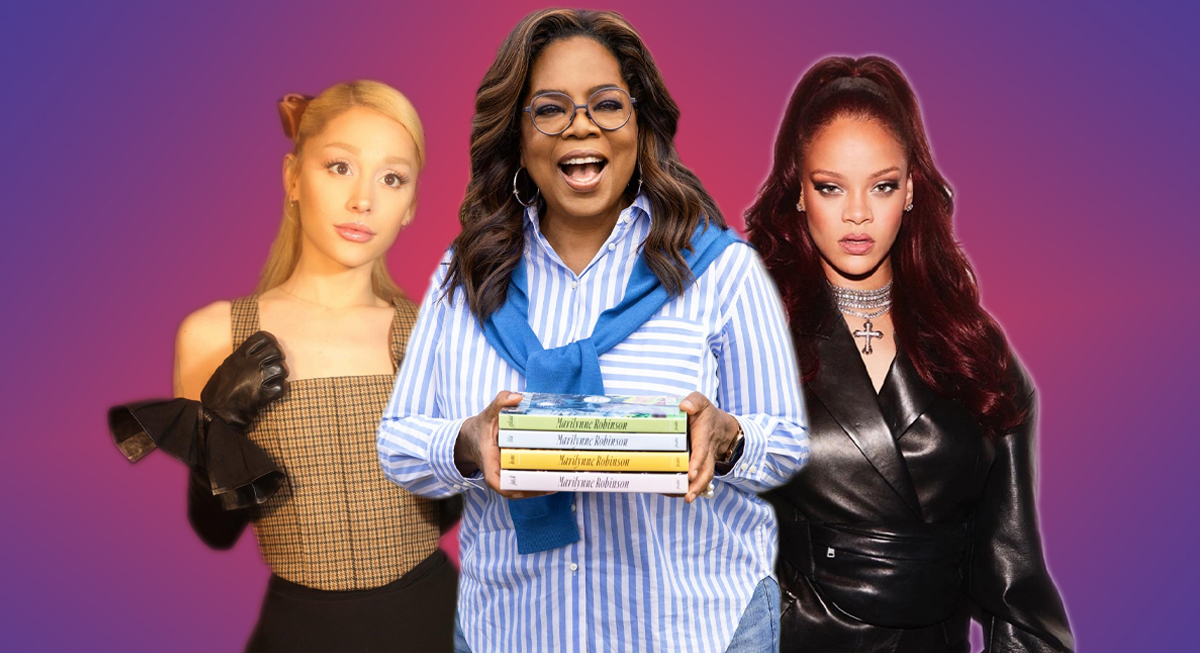In the gleaming world of celebrity enterprises, where fame meets entrepreneurship, the success of a brand can often hinge on more than just a familiar face. The launch of a celebrity brand is met with much fanfare, but not all manage to translate star power into sustained business success. This article will explore 5 celebrity brands that are worth the hype and 5 that miss the mark.
Rare Beauty by Selena Gomez (Worth the Hype)
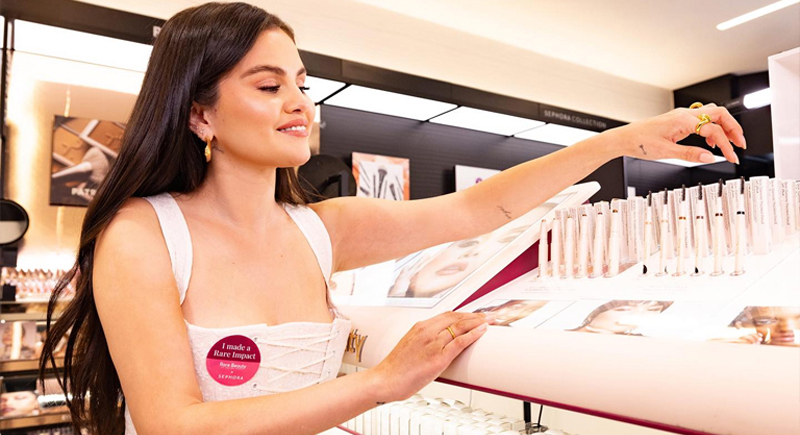
Credit: Instagram
Rare Beauty, launched by Selena Gomez in 2020, has quickly risen to prominence and is celebrated for its inclusivity and emphasis on mental health. Its standout product, the Soft Pinch Liquid Blush, has become a hit, especially on TikTok, demonstrating its strong market resonance. Rare Beauty's commitment to self-love and mental health awareness through the Rare Impact Fund sets it apart, embodying more than just a makeup line. It has garnered a significant following, proving that authenticity and purpose can drive a brand to success. Gomez's venture illustrates the power of combining quality products with a meaningful mission.
R.E.M. Beauty by Ariana Grande (Worth the Hype)
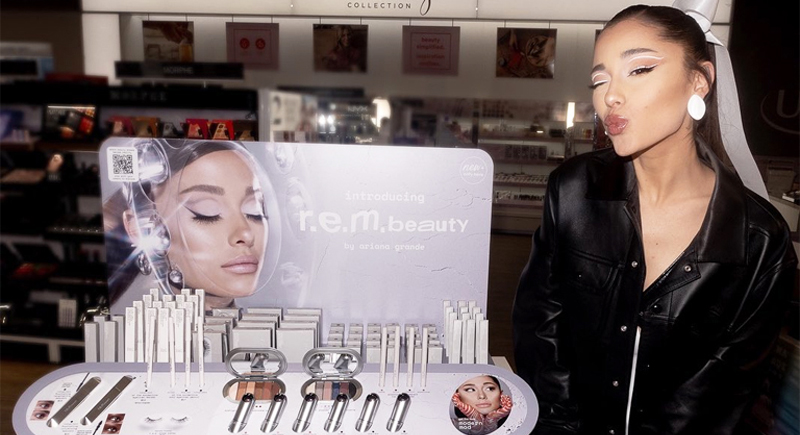
Credit: Instagram
Ariana Grande's r.e.m. beauty brings a unique space aesthetic to the beauty industry, captivating consumers with its innovative packaging and color scheme. The brand's on-your-collar liquid lipstick is lauded for its comfort and durability, showcasing the quality of Grande's products. Its galactic theme and visual appeal transport users to a new universe, blending aesthetics with functionality. r.e.m. beauty has quickly carved out a niche, proving that a solid personal vision can create a standout brand. Grande's influence is evident, not just in the product's quality, but in their creative presentation.
Florence by Mills by Millie Bobby Brown (Worth the Hype)
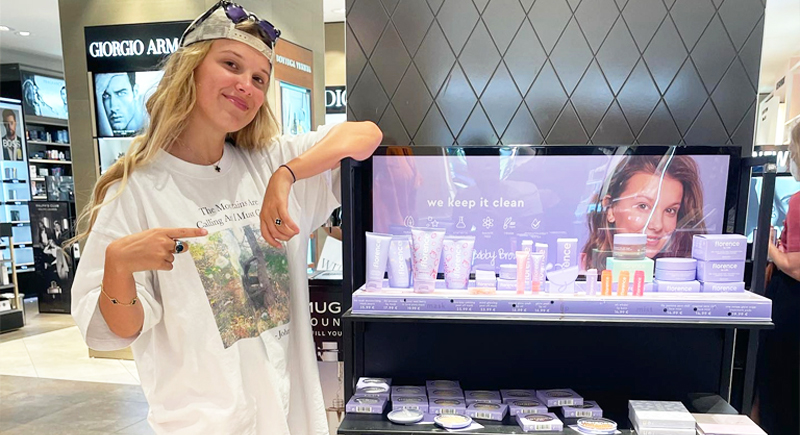
Credit: Instagram
Millie Bobby Brown's Florence by Mills strikes a chord with its young audience, advocating for self-love, inclusivity, and creative expression. The brand offers an extensive range of products, from skincare to makeup, catering to diverse beauty needs. It empowers young women, encouraging them to embrace their individuality. The brand's success lies in its ability to resonate with its audience, reflecting Brown's own values. Florence by Mills exemplifies how celebrity brands can influence and inspire beyond the screen.
Fenty Beauty by Rihanna (Worth the Hype)
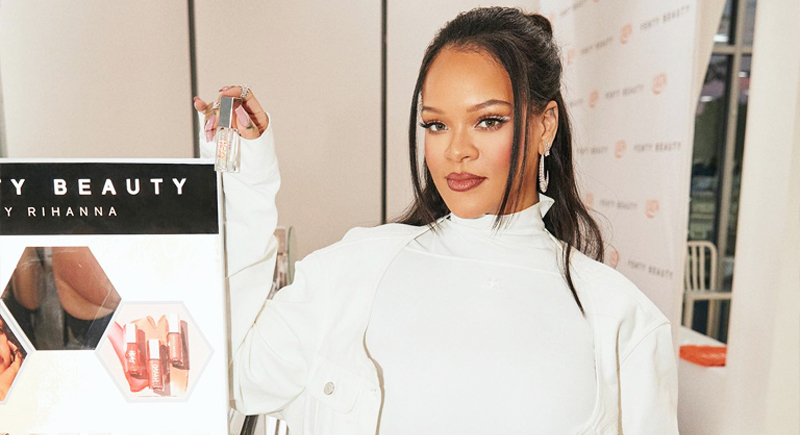
Credit: Instagram
Rihanna's Fenty Beauty has revolutionized the beauty industry since its launch in 2017, setting new standards for inclusivity. Its diverse shade range and the online shade finder tool have addressed long-standing market gaps, earning widespread acclaim. Fenty Beauty exemplifies Rihanna's commitment to diversity, challenging the industry to follow suit. Its success has cemented Rihanna's status not just as a celebrity but as a visionary entrepreneur. The brand's impact extends beyond its products, fostering a more inclusive beauty conversation.
About-Face Beauty by Halsey (Worth the Hype)
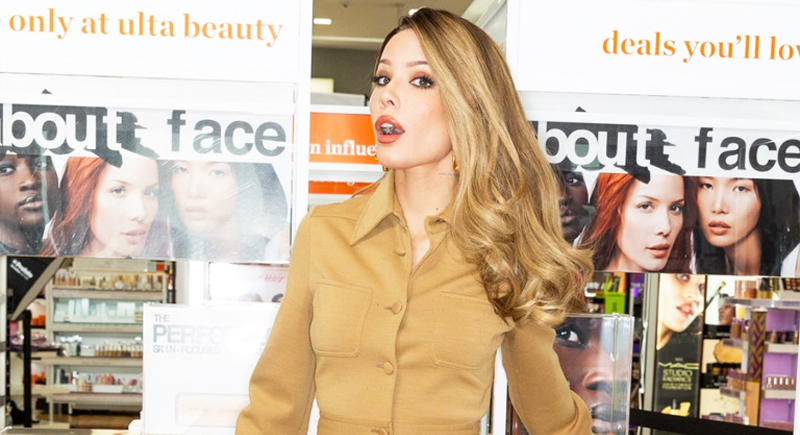
Credit: Instagram
Halsey's about-face beauty is celebrated for its bold, creative makeup options, appealing to those eager to express themselves colorfully. The brand's dedication to cruelty-free, vegan, and clean ingredients aligns with contemporary consumer values. Its vibrant color palette and innovative products, like the Fractal Glitter Eye-Paint, encourage artistic expression. Halsey's personal engagement with the brand enhances its authenticity, showcasing the creative potential of makeup. About-face beauty is a testament to the power of artistic vision in the beauty industry.
Te Casan by Natalie Portman (Missed the Mark)
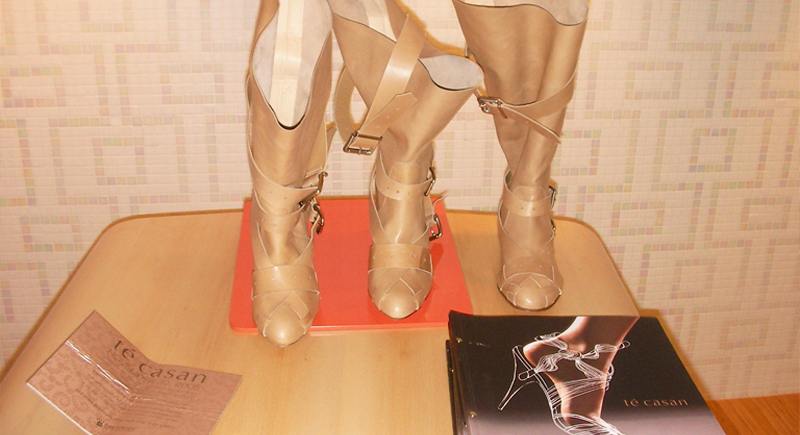
Credit: Instagram
Natalie Portman's vegan shoe line, Te Casan, faced challenges from the start, struggling with pricing and market positioning issues. The brand's failure underscores the importance of comprehensive market research and strategic planning. High expectations could not compensate for the lack of retail presence and competitive pricing strategies. Te Casan's experience highlights the pitfalls of neglecting critical aspects of brand development. Portman's venture serves as a cautionary tale about the complexities of launching a product line, even with celebrity backing.
Nicky O Hotels by Nicky Hilton (Missed the Mark)
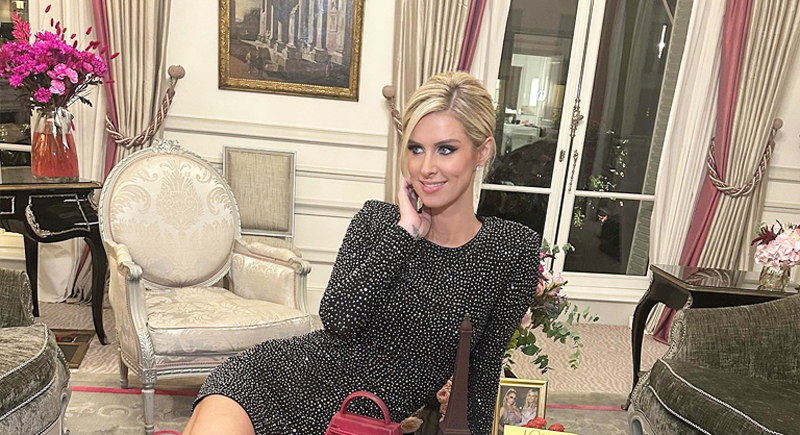
Credit: Instagram
Nicky Hilton's ambitious Nicky O Hotels never progressed beyond the planning stage, succumbing to legal challenges and unfulfilled promises. Despite the Hilton name's association with hospitality, Nicky's foray into the hotel industry lacked the necessary follow-through. The project's collapse illustrates the difficulties of translating personal fame into a successful business venture. It also emphasizes the importance of operational competence and strategic marketing. Nicky O Hotels represents a missed opportunity to extend the Hilton legacy in a new direction.
Fenty Fashion Line by Rihanna (Missed the Mark)
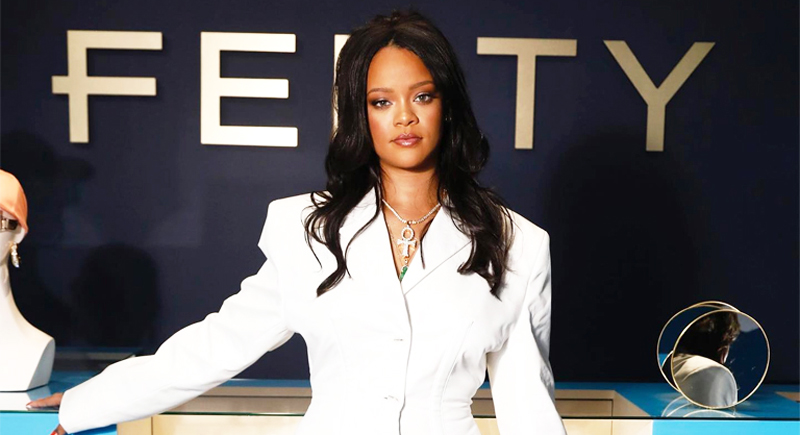
Credit: Instagram
Rihanna's Fenty Fashion Line, in collaboration with LVMH, faced hurdles due to the pandemic, leading to its suspension. This setback highlights the volatile nature of the fashion industry, especially for luxury brands in challenging times. Despite Rihanna's success in beauty, the fashion endeavor struggled to gain traction, demonstrating the complexities of launching a new brand under a high-profile name. The Fenty Fashion Line's challenges during the pandemic underscore the importance of adaptability and market timing. This experience serves as a reminder that even brands backed by powerful partnerships and celebrity influence can face unforeseen challenges.
Dessert Beauty by Jessica Simpson (Missed the Mark)
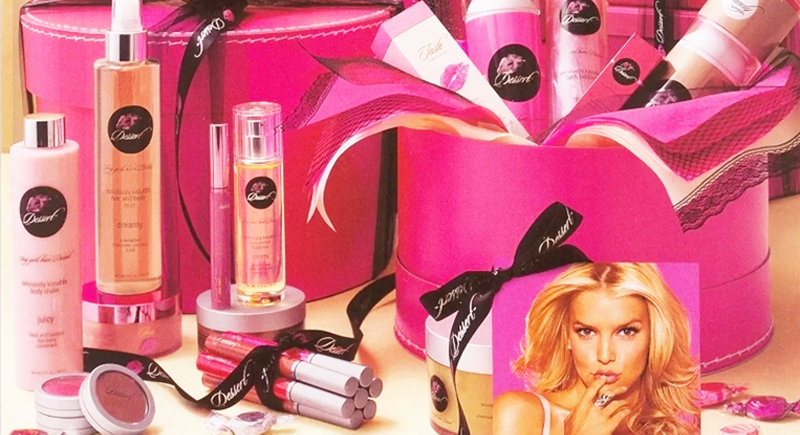
Credit: Instagram
Jessica Simpson's Dessert Beauty encountered legal issues and criticism over product quality soon after its launch. The brand's concept of "kissable and tasteable" beauty products initially garnered attention, but it quickly faced setbacks. These challenges highlight the critical role of product quality and the potential consequences of negative customer feedback. Dessert Beauty's decline emphasizes the importance of maintaining high standards and addressing consumer concerns promptly. The brand's journey illustrates the pitfalls of novelty without substance in the competitive beauty market.
Nyla Restaurant by Britney Spears (Missed the Mark)
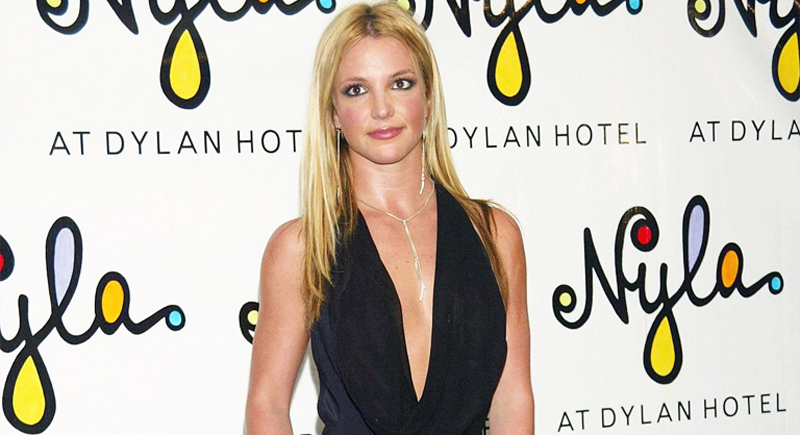
Credit: flickr
Britney Spears' foray into the restaurant industry with Nyla encountered significant operational difficulties, leading to its closure. The restaurant's shift from Cajun to Italian cuisine and subsequent health code issues reflected management challenges. Nyla's brief existence underscores the complexities of the restaurant business, especially for celebrities unfamiliar with the industry. This venture highlights the necessity of comprehensive management and operational oversight in hospitality. Spears' restaurant experience serves as a cautionary example of the challenges celebrities may face when expanding their brand into new territories.

